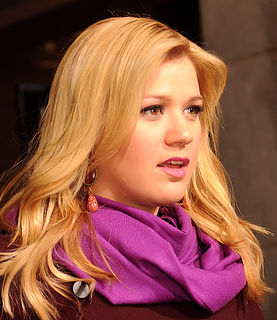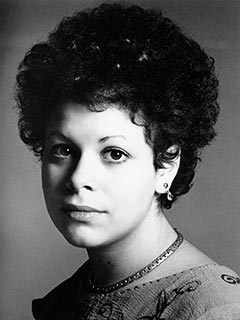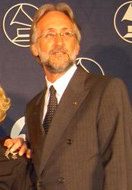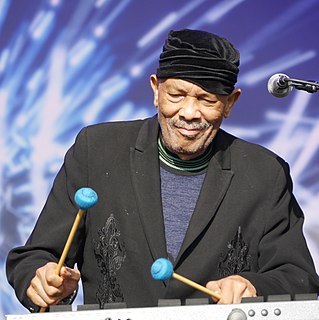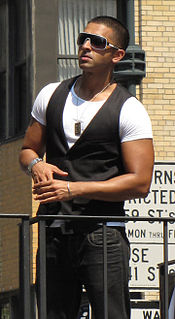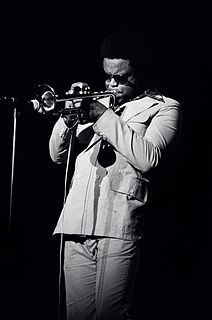A Quote by Al Jarreau
Since the beginning of my recording career in 1975, I have had a little difficulty because the pop stations think I'm a jazzer who doesn't have a feeling for pop, so it's hard to get my records played. Similarly, black urban radio doesn't understand that with my R&B roots, I am more than a jazz singer. So I get pigeonholed.
Related Quotes
Artists should re-emphasize performance and de-emphasize recording. You always make more money if you have a healthy performing life than you will if you have even a moderately healthy recording life. Don't make recording the most important thing you do. Make performing the most important thing you do, and then you can make recordings and sell them at your shows, because record labels aren't going to be around to help you get on the radio stations, and the radio stations probably aren't going to play you anyway.
Because U.K. artists aren't compensated when their music is played on U.S. radio stations, U.S. artists aren't compensated when their records are played on U.K. stations based on the fact that there's no reciprocity. If that income came in, our artists would be paying income taxes on it. So if we can get a lot of policy on the radar, that may have some positive influence.

